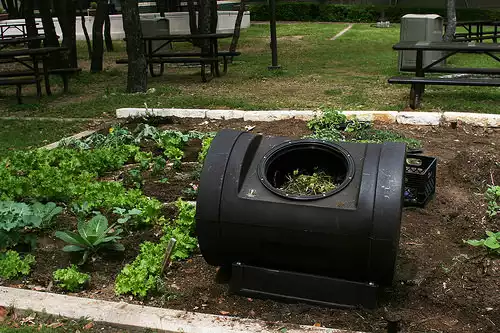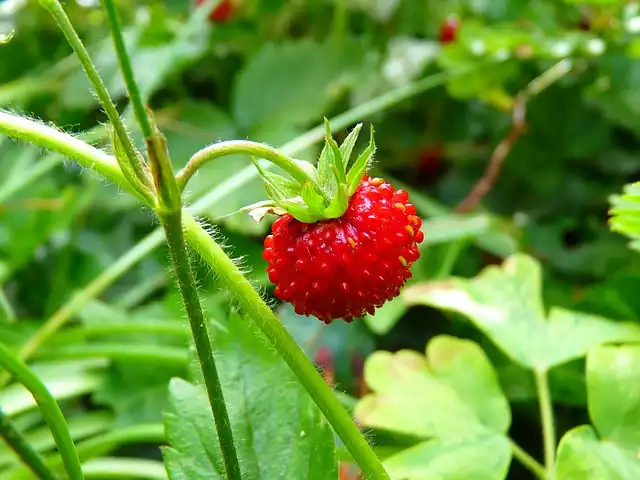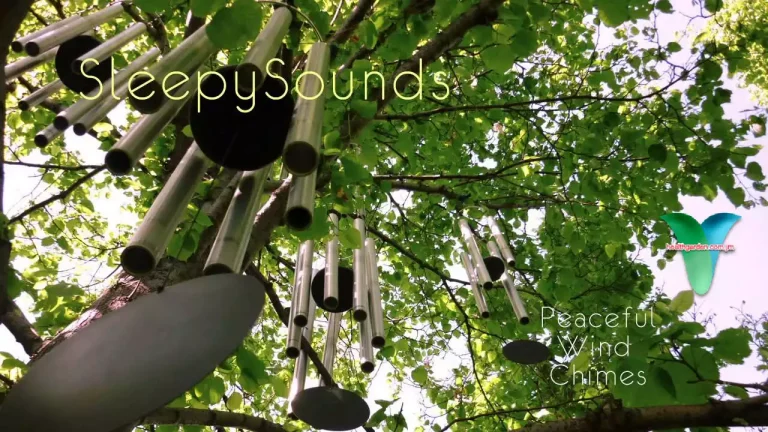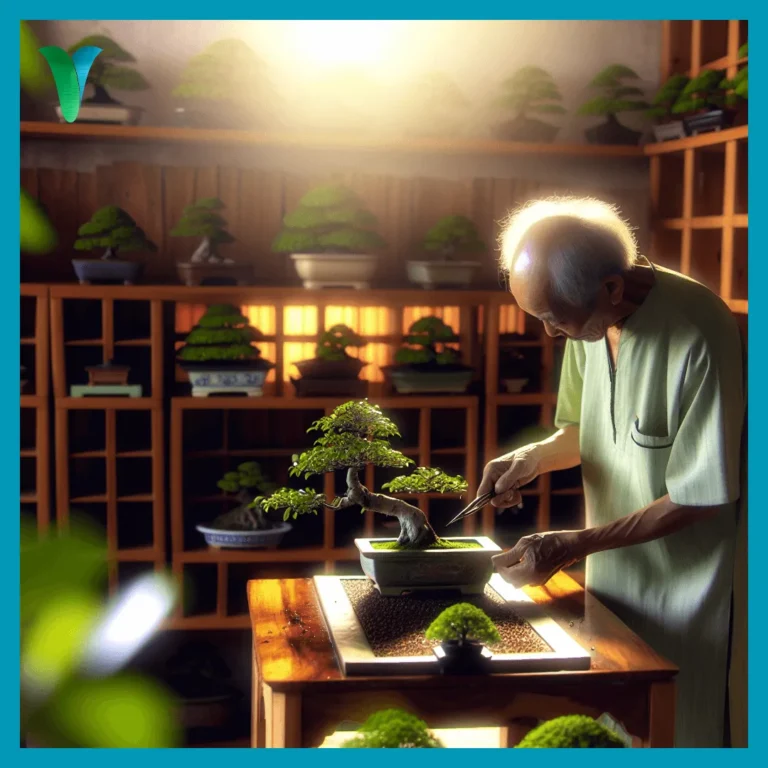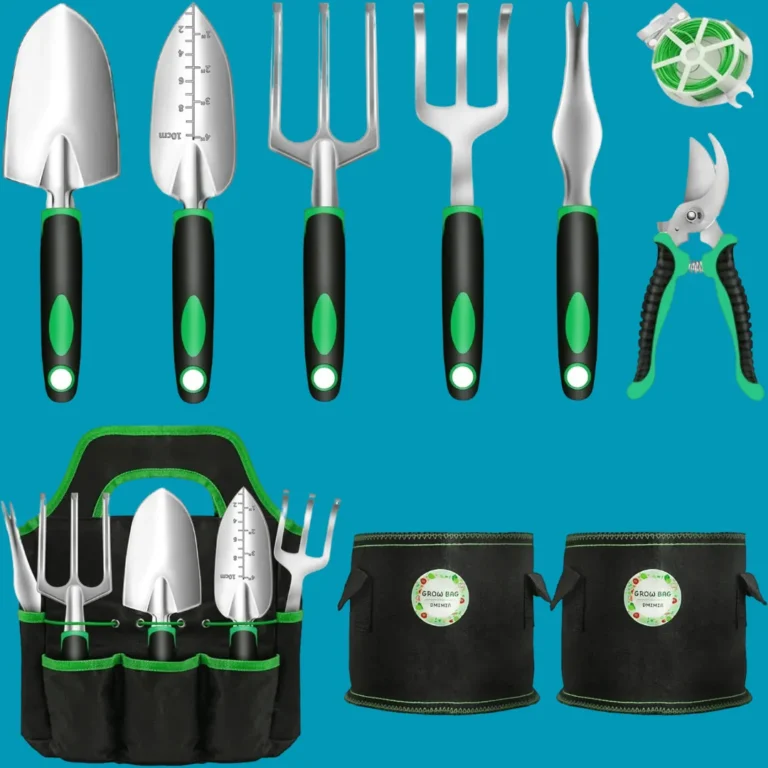Organic Gardening Fertilizer
Imagine stepping into your garden, the air filled with the sweet scents of blossoming flowers and ripe vegetables, all thriving under your care.
This lush paradise is not a result of harsh chemicals or synthetic solutions but nurtured by the magic of organic gardening fertilizer.
In today’s environmentally conscious world, where the health of our planet and bodies is paramount, turning to organic methods in our gardens has never been more appealing or important.
The secret sauce? It’s all in how we feed our soil and plants.
Organic gardening fertilizer isn’t just food for plants; it’s a rejuvenation ritual for your entire garden ecosystem.
From kitchen scraps turned into gold-like compost to natural minerals enriching the soil beneath your feet, this green alchemy promises not only to boost your garden’s productivity but also its resilience against pests and diseases.
So why choose anything else when you can power your garden with the earth’s own nutrients? Let us dig deeper into this exciting world, where every handful of organic matter holds the potential to transform your garden into an Eden.
Table of Contents Organic Gardening Fertilizer
Importance of using organic fertilizers
In the realm of sustainable gardening practices, the utilization of organic fertilizers has gained significant recognition for its numerous benefits.
Unlike synthetic fertilizers that contain chemicals and artificial additives, organic fertilizers are derived from natural sources such as compost, animal manure, and plant-based materials.
The fundamental importance of using organic fertilizers lies in their ability to foster soil health and vitality.
By nourishing the soil with organic matter, these fertilizers enhance its structure, water retention capacity, and nutrient availability, creating an optimal environment for plant growth.
Additionally, organic fertilizers promote the development of beneficial microorganisms in the soil, which play a vital role in breaking down organic matter and releasing essential nutrients for plants.
Furthermore, the use of organic fertilizers reduces the risk of chemical runoff, groundwater contamination, and harm to beneficial insects and organisms, contributing to a more sustainable and environmentally friendly approach to gardening.
Understanding plant nutrient needs
To successfully utilize organic gardening fertilizers, it is essential to have a thorough understanding of the nutrient needs of plants.
Each plant species has unique nutritional requirements, and it is crucial to identify and address these needs to achieve optimal growth and productivity.
Properly assessing the nutrient needs involves analyzing factors such as soil composition, pH levels, and the specific stage of plant growth.
Conducting soil tests can provide valuable insights into nutrient deficiencies or imbalances, guiding the selection and application of appropriate organic fertilizers.
Additionally, it is essential to consider the timing and frequency of fertilizer application, as different plants have varying nutrient uptake rates and may require specific nutrient ratios during different growth stages.
By understanding the nutrient needs of plants, organic gardeners can effectively tailor their fertilizer regimen to support healthy growth, improve crop yields, and promote overall plant vitality.
Benefits of composting for fertilization
Composting offers numerous benefits for fertilization in organic gardening.
Firstly, composting encourages the recycling and repurposing of organic waste, reducing landfill contributions and promoting sustainability.
As organic matter decomposes, it transforms into nutrient-rich compost that enhances soil structure and fertility.
Compost improves soil moisture retention, preventing water runoff and reducing the need for irrigation.
Furthermore, composting enhances soil’s ability to store and release nutrients gradually, ensuring plants receive a steady supply of essential elements for healthy growth.
Additionally, the use of compost in fertilization promotes the development of beneficial microorganisms in the soil, which contribute to nutrient cycling and disease suppression.
By incorporating compost into their gardening practices, organic gardeners can achieve sustainable, nutrient-dense fertilization while supporting a healthier ecosystem.
Utilizing cover crops for soil health
Cover crops are another valuable tool for promoting soil health in organic gardening.
These crops, such as legumes, grasses, and grains, are grown specifically to protect and improve the soil when the main crop is not in season.
By planting cover crops, organic gardeners can prevent soil erosion, enhance nutrient retention, and suppress weed growth.
These crops act as a natural barrier, shielding the soil from harsh weather conditions and reducing the risk of nutrient leaching.
Additionally, cover crops contribute to the improvement of soil structure by adding organic matter and increasing soil microbial activity.
As they grow, cover crops absorb excess nutrients from the soil, effectively acting as a natural fertilizer.
When properly managed and incorporated into the soil, cover crops can greatly contribute to the long-term health and productivity of organic gardens.
Choosing the right fertilizer mix
To ensure optimal plant growth and nutrition in organic gardening, selecting the right fertilizer mix is crucial.
A balanced fertilizer blend that provides essential macro and micronutrients is necessary for promoting healthy root development, strong stems, and abundant yields.
When choosing a fertilizer, it is important to consider the specific nutrient requirements of the plants being cultivated.
Nitrogen, phosphorus, and potassium are commonly found in organic fertilizers, but their ratios can vary depending on the needs of different plant species.
Conducting a soil test can be beneficial in determining the nutrient deficiencies or imbalances present in the soil, allowing for a more targeted approach to fertilizer selection.
Additionally, organic fertilizers derived from natural sources like compost, manure, and bone meal are preferable as they provide slow-release nutrients and improve overall soil fertility.
By carefully selecting the right fertilizer mix, organic gardeners can ensure the health and vitality of their plants while promoting sustainable and environmentally-friendly practices.
Combing fish and kelp for optimal growth
To further enhance the growth and productivity of plants in organic gardening, an effective approach is to combine the beneficial properties of fish and kelp.
Fish-based fertilizers offer a rich source of nutrients, particularly nitrogen, phosphorus, and trace minerals.
These nutrients support vigorous plant growth and enhance the overall health of the garden.
Kelp, on the other hand, is a seaweed that provides a wide range of essential nutrients, including potassium, magnesium, and various growth-promoting hormones.
When used in combination, fish and kelp can create a synergistic effect, maximizing the absorption and utilization of nutrients by plants.
This combination not only promotes optimal growth but also boosts the plants’ resilience to environmental stresses and disease.
By incorporating fish and kelp into an organic gardening fertilizer regimen, gardeners can ensure that their plants receive a well-rounded and balanced nutrient profile for flourishing and bountiful harvests.
Avoiding synthetic chemical fertilizers
To maintain a truly organic gardening practice, it is crucial to steer clear of synthetic chemical fertilizers.
These fertilizers are typically derived from petroleum and can have long-lasting detrimental effects on both the environment and the overall health of plants.
Synthetic fertilizers often contain high levels of nitrogen, phosphorus, and potassium, which can lead to imbalances in soil nutrient levels and disrupt the natural ecosystem.
Additionally, the excessive use of synthetic chemical fertilizers can contribute to water pollution, as these substances can seep into groundwater or be washed away during heavy rainfall, negatively impacting surrounding bodies of water and aquatic life.
By avoiding synthetic chemical fertilizers and opting for organic alternatives, such as compost and natural amendments, gardeners can foster a sustainable and environmentally friendly gardening approach that supports the long-term health of their plants and the surrounding ecosystem.
Creating a sustainable garden ecosystem
Creating a sustainable garden ecosystem involves implementing practices that promote the health and balance of the natural environment.
This can be achieved through a variety of methods, such as using companion planting to encourage beneficial insect populations and deter pests, practicing proper crop rotation to prevent soil depletion, and incorporating organic mulch to retain moisture and suppress weed growth.
Additionally, establishing a diverse range of plant species can attract pollinators and encourage biodiversity, contributing to a thriving ecosystem.
By prioritizing sustainable gardening practices, gardeners can create a harmonious environment where plants, animals, and microorganisms can thrive and support each other’s growth and well-being.
In conclusion, using organic gardening fertilizers not only benefits the health of your plants and soil, but also contributes to a sustainable and environmentally-friendly approach to gardening.
By using natural ingredients and avoiding synthetic chemicals, you can create a healthier ecosystem in your own backyard.
Consider incorporating organic fertilizers into your gardening routine and see the positive impact it can have on your plants and the planet.
Happy gardening!
FAQ
What are the benefits of using organic gardening fertilizer compared to synthetic fertilizers?
Organic gardening fertilizers are beneficial as they improve soil health, promote microbial activity, reduce chemical runoff, and provide slow-release nutrients to plants.
They are environmentally friendly, sustainable, and support long-term soil fertility.
Unlike synthetic fertilizers, organic options are less likely to harm beneficial organisms and pollute water sources.
Overall, organic fertilizers contribute to healthier plant growth, improved soil structure, and a more sustainable gardening practice.
How can I make my own organic gardening fertilizer at home using household items?
To make organic gardening fertilizer at home, you can use items like coffee grounds, eggshells, banana peels, and vegetable scraps.
These items can be composted to create nutrient-rich fertilizer for your garden.
Simply collect these kitchen scraps, mix them in a compost bin or pile, add some soil, and turn it regularly.
Over time, the mixture will break down into fertilizer that can be added to your garden soil to improve its health and fertility.
This homemade fertilizer is not only environmentally friendly but also cost-effective.
Are there any specific types of organic gardening fertilizers that are best for certain plants or vegetables?
Yes, there are specific types of organic gardening fertilizers that are best suited for certain plants or vegetables based on their nutrient requirements.
For example, nitrogen-rich fertilizers like compost or fish emulsion are beneficial for leafy greens, phosphorus-rich fertilizers like bone meal are ideal for root vegetables, and potassium-rich fertilizers like wood ash are good for fruiting plants.
It’s important to research the specific nutrient needs of the plants you are growing and choose organic fertilizers accordingly to promote healthy growth and optimal yields.
What are some common misconceptions about organic gardening fertilizers and how can they be debunked?
One common misconception about organic gardening fertilizers is that they are less effective than synthetic fertilizers.
This can be debunked by understanding that organic fertilizers release nutrients slowly over time, providing long-term benefits to the soil and plants.
Another misconception is that organic fertilizers are more expensive than synthetic ones.
However, with proper composting and recycling practices, organic fertilizers can be cost-effective in the long run.
Lastly, some believe that organic fertilizers are not as readily available as synthetic options, but with growing consumer demand, organic fertilizers are becoming more accessible in stores and online.
How can I ensure that my organic gardening fertilizer is effectively nourishing my plants and not causing harm to the environment?
To ensure your organic gardening fertilizer effectively nourishes plants without harming the environment, use compost, manure, or organic plant-based fertilizers.
Avoid synthetic chemicals, opt for slow-release organic fertilizers, and follow recommended application rates.
Test soil regularly to adjust nutrient levels accordingly.
Implement crop rotation, companion planting, and mulching to promote soil health and reduce nutrient runoff.
Properly store and dispose of fertilizer to prevent contamination.
Additionally, consider using rain barrels for water conservation and integrating native plants to support local ecosystems.
Regular monitoring and eco-friendly practices are key to sustainable organic gardening.

